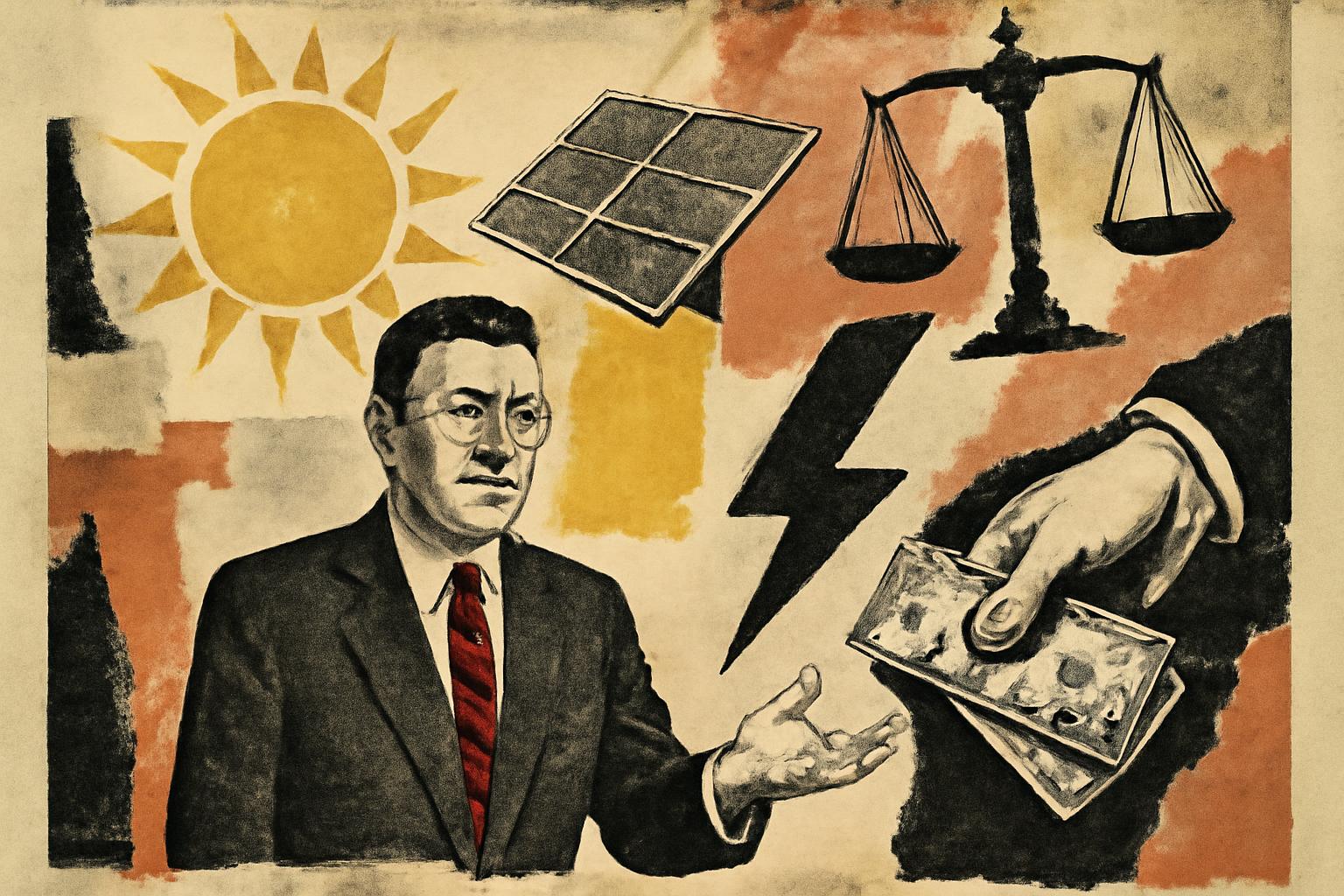Officials warn that ending subsidies for private solar systems could trigger layoffs, with consumer confidence wobbling as the debate unsettles projects. The industry says skilled labor is in short supply and that a wage of doubt now risks losing trained workers. Projections even estimate a need for about 160,000 more workers in renewables by 2030. Plans surface to grandfather existing installations to preserve guarantees for up to the remaining 20 years, while shifting more grid-expansion costs onto wind and PV operators. And yes, most solar installations are imported from China.
End the subsidies, end the distortion. Hayek reminds us that knowledge is dispersed, local, and tacit. Central planners cannot know which firms or technologies will win in a dynamic, competitive market. Subtitles, mandates, and subsidies hide signals that would otherwise guide capital to genuinely productive uses. When the state picks winners, capital flows to politically favored industries, not to those with the clearest consumer value. The proposed move to grandfather existing subsidies doubles down on a mistaken plan by injecting political risk into private property and private contracts. If private property and voluntary exchange are the baseline, forced continuation of subsidized support for one group is moralized relocations of income from others—an assault on the entitlement principle Nozick insists on: you may own and use your labor and capital, provided you don’t violate others’ rights, but you don’t have a right to have others’ money redistributed to prop up a chosen industry.
Rand would call it out as coercive collectivism dressed as “policy.” Taxation to fund subsidies is taxation to fund a preferred outcome. The state has no rightful claim to conscript resources to underwrite a private business’s investors or to shield them from market risk. The only legitimate basis for public action is to enforce contracts, protect property rights, and keep the rule of law predictable—not to micromanage energy markets or subsidize politically favored ventures. When you rely on coercive subsidies to keep a sector afloat, you undermine the very virtues of rational self-interest, entrepreneurial courage, and voluntary exchange that make a free market resilient.
The claim that ending subsidies will devastate jobs should be treated as a symptom of distortion, not a verdict on the proper role of government. In a free market, jobs follow value and innovation. If solar is truly competitive, it will attract investment without coercive crutches; if not, capital will migrate to more productive uses. The forecast of hundreds of thousands of new renewables workers by 2030 is precisely the kind of planning forecast that Hayek warns against when signaling is muddied by subsidies. The real solution is to unleash the price system, not to bend it with subsidies or to pretend that grid expansion can be funded without market risk. If grid costs must be paid, let that be done through voluntary private channels, user-pays, and transparent contracts, not across-the-board levies funded by taxation.
China’s share of installations underscores a core libertarian lesson: comparative advantage thrives under free trade. Free trade and private investment discipline the market far more effectively than tariffs, subsidies, or coercive cost-shift mechanisms. Rather than protect domestic players through subsidies, open the field to competition, lower barriers, and allow domestic labor to reallocate to activities where it can add genuine value. Subsidizing private solar to preserve a political project is not a cure; it’s a drumbeat for crony capitalism, misallocated capital, and fragile industry that cannot survive a normal business cycle.
What remains ethical and practical is a minimal state that defends rights and enforces contracts, plus a climate of voluntary exchange where individuals and firms decide what energy solutions to pursue. End subsidies; privatize and streamline grid planning and financing; allow voluntary retraining and relocation by people and firms who choose to pursue opportunities. Remove mandates that prop up a favored sector and let the market discover the winners. If any industry needs support, let it come from competitive markets and charitable resources, not from coercive taxation that violates property rights and distorts the very incentives that keep an economy resilient.
In the end, the answer lies in liberty: fewer state interventions, more market signals, and a society where people are free to pursue their own rational self-interest within the rule of law. The energy transition, if it is to be sustainable, must emerge from voluntary exchange and private coordination, not from coercive subsidies that imprison the market in a perpetually fragile equilibrium.
